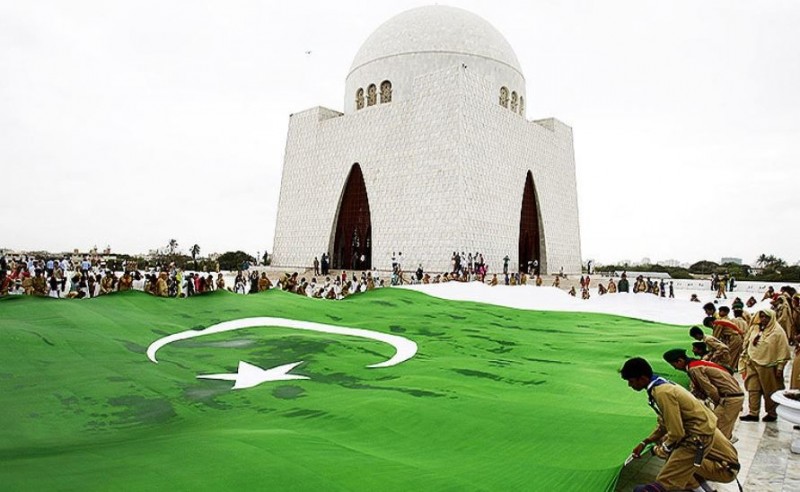
In the annals of history, August 14 marks Pakistan's celebration of Independence Day, a day steeped in significance and national pride. Yet, beneath this surface unity lies a debate that has intrigued historians and citizens alike. The intriguing question arises: Did Pakistan truly gain independence on August 14, or does the historical narrative align more closely with August 15, the day India also celebrated its freedom? As we delve into the heart of this historical puzzle, we uncover the layers of complexity that surround Pakistan's Independence Day.
The Controversy Surrounding Dates of Independence
In 1947, as the Indian Independence Act came into effect, a singular date was designated for the simultaneous formation of both India and Pakistan: August 15, 1947. However, contemporary knowledge often suggests that Pakistan marked its freedom a day earlier, on August 14. This apparent discrepancy has sparked a discourse that goes beyond mere historical curiosity.
Historical Divergence and its Implications
The reality of Pakistan's independence date remained enigmatic for several years after its creation. The confusion persisted even during the lifetime of its founder, Muhammad Ali Jinnah, who personally regarded August 15 as Pakistan's Independence Day. Yet, the officially recognized date became August 14, post-Jinnah's demise. The reasons behind this shift remain multifaceted.
The Sacred Night of Shab-e-Qadr
One belief that underpins the celebration on August 14 is its alignment with the 27th day of Ramzan, known as Shab-e-Qadr—a night of immense spiritual significance for Muslims. This night commemorates the completion of the Qur'an and is revered for its divine blessings. The confluence of this holy occasion with the date of Pakistan's independence has led to the perpetuation of the August 14 celebration.
Historical Records and Inquiries
Diverse historical records further complicate the matter. KK Aziz, a prominent Pakistani historian, has contested the official August 14 date, asserting that Pakistan's true independence day is August 15. This perspective is shared by Chaudhary Mohammad Ali, a former Prime Minister of Pakistan, who documented the August 15 date in his work "The Emergence of Pakistan." Even Jinnah himself, in his radio message on August 15, 1947, congratulated the citizens of Pakistan on their independence, without mentioning the August 14 date.
Perspectives from Across the Border
Even beyond Pakistan's borders, the debate endures. Philip Ziegler, the authoritative biographer of India's last Viceroy, Lord Mountbatten, unequivocally states that Pakistan came into existence on August 15. This sentiment, shared by a figure so intrinsically tied to the events of that time, adds weight to the discourse.
As the people of Pakistan annually celebrate their Independence Day on August 14, the intertwining narratives of history, faith, and identity create a tapestry that defies simple categorization. The heart of the matter is clear—whether August 14 or 15, Pakistan's journey to sovereignty is a testament to the resilience and aspirations of its people. The debate over its true Independence Day continues to be a poignant reminder of the complexities inherent in shaping a nation's historical identity.
Which is Better: Cooking Chapati on a Tawa or Over an Open Flame?
Exploring the Success Story of Maruti Suzuki Brezza
Unraveling the Ownership of Tata Motors: From Tata Sons to Global Investors